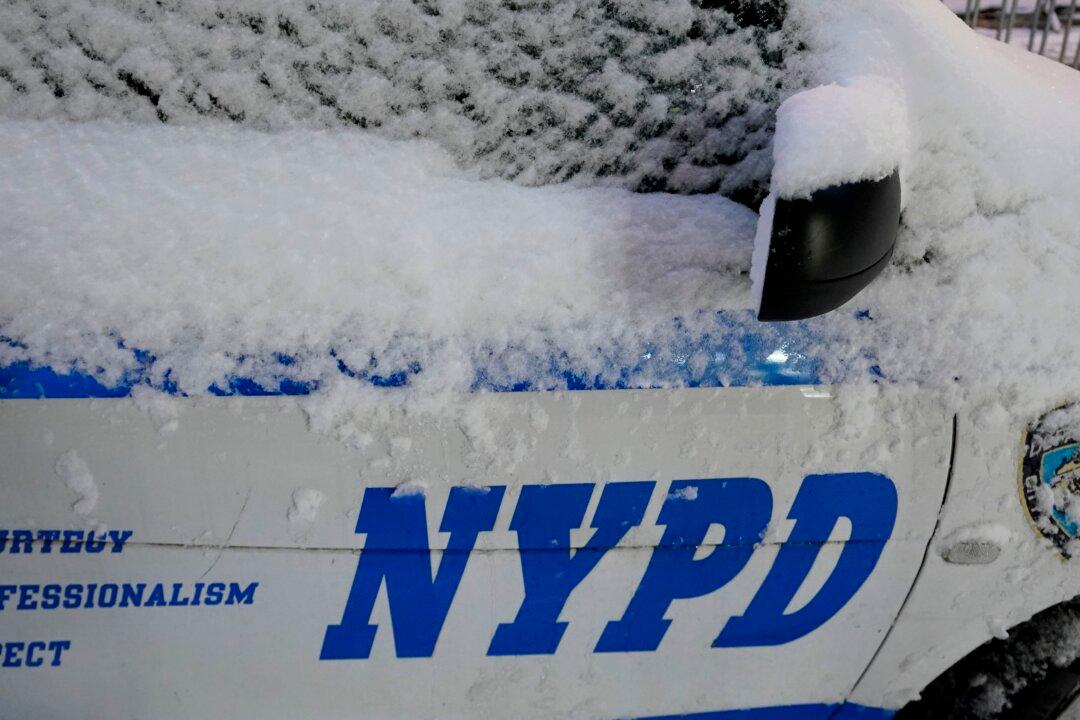The New York City Council has passed a series of measures that affect police operations, including a hotly debated measure that makes it easier to sue officers for misconduct.
The council voted last week to adopt five bills and three resolutions that it stated are “designed to increase police accountability and reimagine public safety in our city.”





